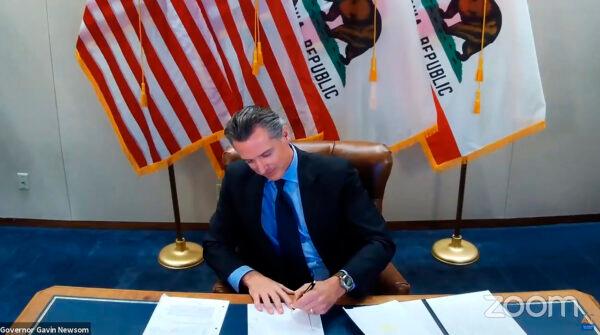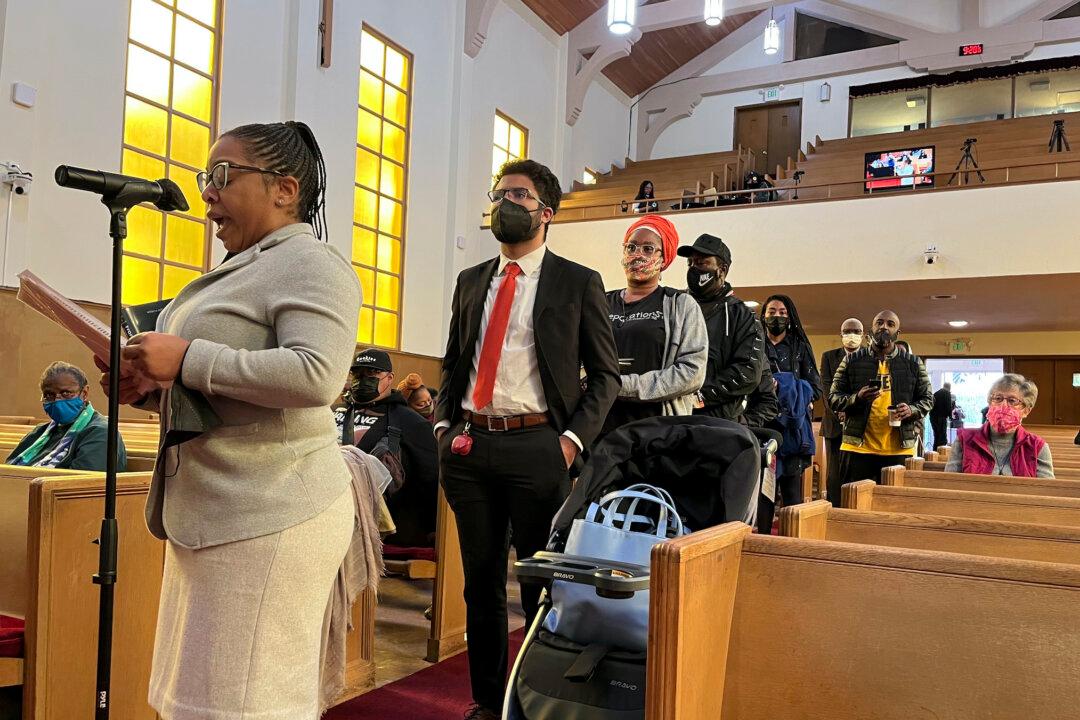California’s reparations committee is calling for state officials to end cash bail and the prosecution of low-level crimes after approving a reparations payment plan to make amends for slavery and anti-black racism earlier this week.
The nine-member committee, which was created by state legislation signed by Gov. Gavin Newsom in 2020, approved its final recommendations to the California Legislature, which will decide whether to enact the measures and send them to the governor’s desk to be signed into law.
A final report is due to the Legislature by July 1, where recommendations include several proposals related to criminal justice, including the elimination of cash bail.
“The cash bail system is at the core of many of the class and race-based inequities in the criminal legal system,” the committee wrote in its proposal. “The task force accordingly recommends that the legislature take all steps necessary to definitively end cash bail.”
California Gov. Gavin Newsom signs into law a bill that establishes a task force to come up with recommendations on how to give reparations in Sacramento, Calif., on Sept. 30, 2020. Office of the Governor via AP





